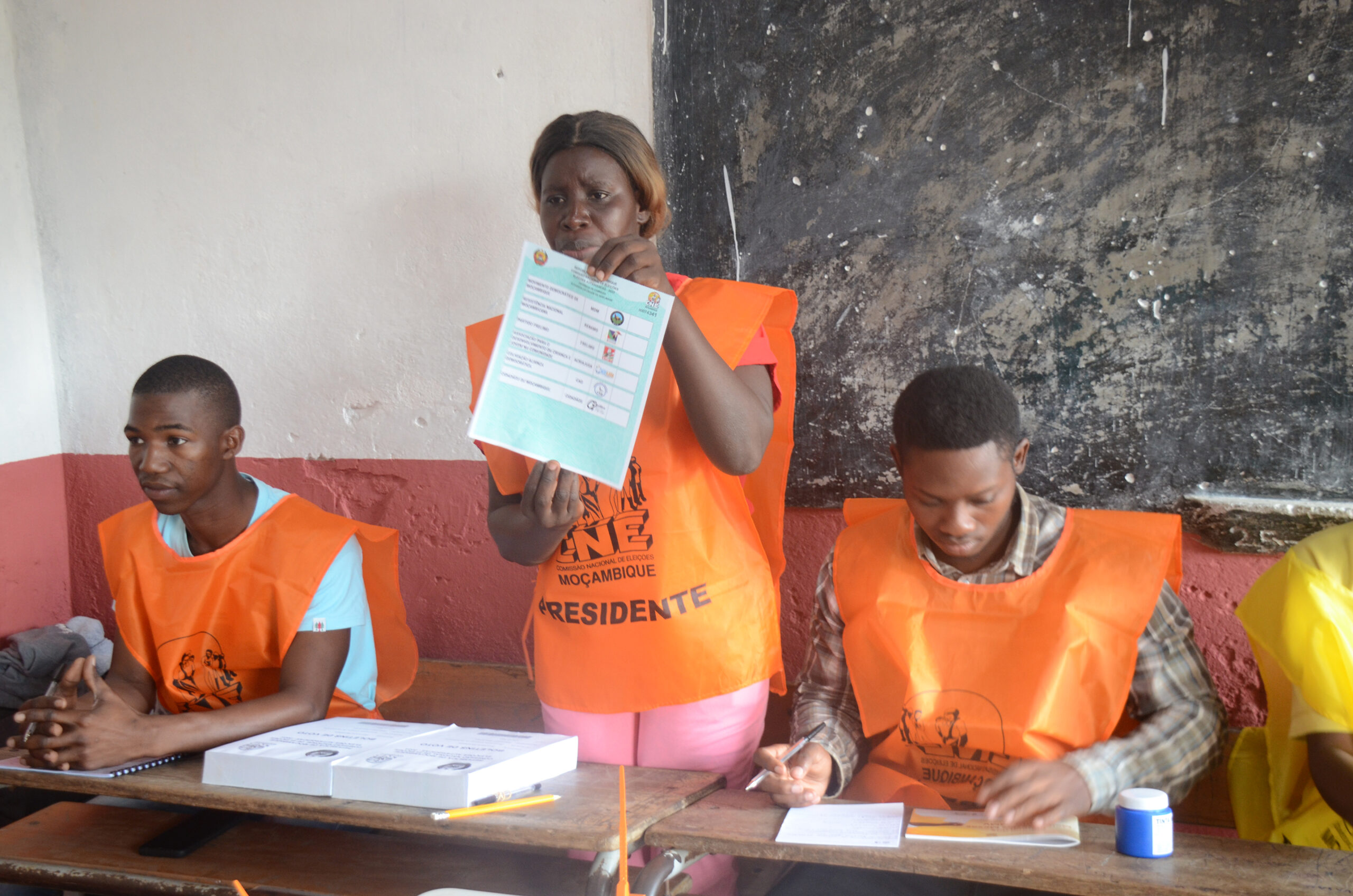
MENTAL HEALTH MINISTRY: PROVIDING HOPE AND HEALING
The colours symbolise peace and nature, the brain represents the mind and the hands imply care—thus giving the impression of ‘the mind in caring hands.’ (Lauren Bikhani, Mental Health Ministry Coordinator at All Saints Catholic Church, Ennerdale, Johannesburg).
Design by Warren Singh from DesignCreed.
Challenges • Encounters
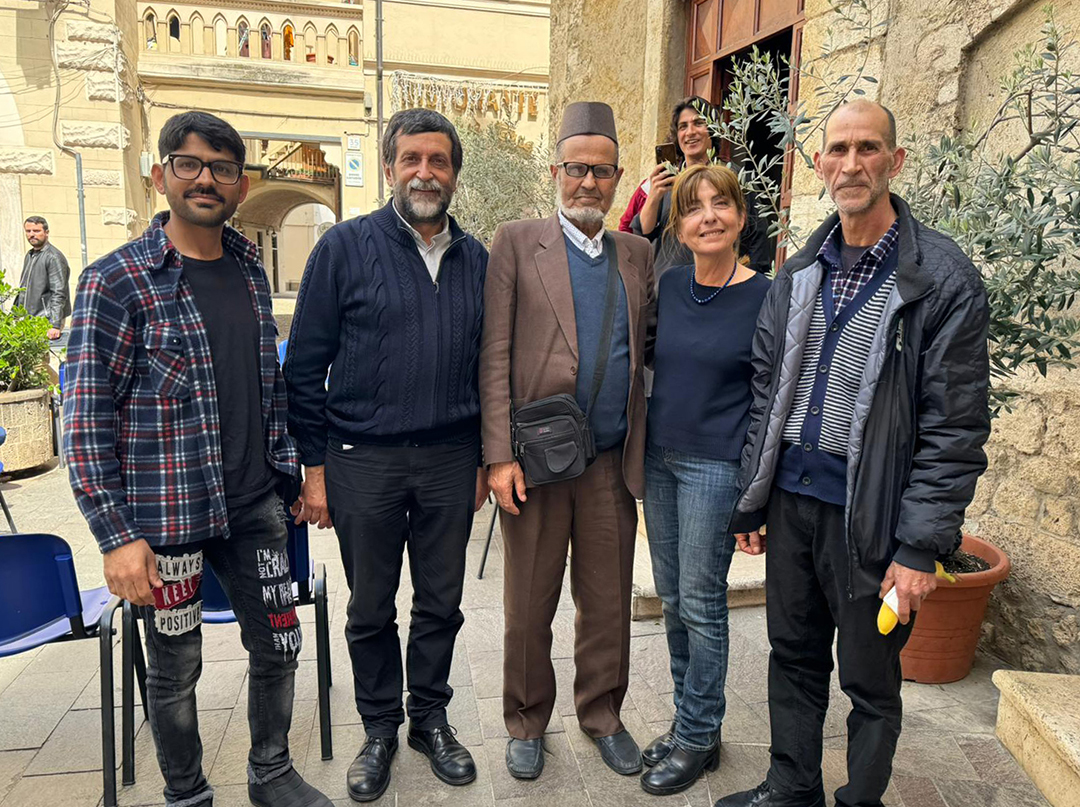
OPENING DOORS
A Parish near Rome has created a space where migrants and locals welcome and assist each other, responding to the Gospel call for fraternity.
BY FR ROBERTO CHERUBINI | MEMBER OF THE COMMUNITY OF ST EGIDIO AND PARISH PRIEST OF HOLY CROSS, TERNI, ITALY
MARCO AND Shàmshad enjoy a cup of spiced tea while sitting at a table on the ground floor hall of the parish of Holy Cross. They are both twenty-three years old, one is from Florence, the other is from Kashmir; they both speak broken English, yet they understand each other. They are with a group of nine young people from different Italian cities and five immigrants from Pakistan and Afghanistan. They share their dreams and their strength to keep them alive and have hope for the future, placing them in God’s hands. The long road that they have transited until reaching Italy and the one, full of obstacles, that still lies ahead, is not frightening when traveled together. Some of these youngsters are Christians and have come to Holy Cross for a visit during a retreat led by a Franciscan friar from Umbria, the land of St. Francis; the others are Muslims. Yet the concepts which define their hopes are similar: peace, solidarity, help for those in need, and trust to become better people when living in a borderless fraternity, where those in want are not left behind.
Friendship unites people
It could appear to be a coincidental encounter, but for years the parish of Holy Cross has become a crossroads of people from different backgrounds. These include newly arrived immigrants, Terni Italian teachers, young people on research projects, foreigners who have learned how to speak Italian with a local accent, Sunday school children, those sentenced by courts to do community service for small crimes committed, and passers-by who offer some form of assistance to those in need. This assistance could be in the form of second-hand clothes, household goods, food, or even just a share of their free time. Every now and then, the parish takes on the character of either an Italian school, a gathering place for inter-religious encounters, a communal canteen for feasts and celebrations, a home in which dreams are born and grow, shaped by smiles, hugs, and happy glances, and of course, also a place for liturgical celebrations, community and personal prayer.
At first glance, it could appear as if there is great confusion, but in fact, everything runs smoothly, as the place has merely one purpose: to care for those who pass by. The confusion is similar to what one would find in an operating theatre amid demanding surgery. Everyone knows what he or she must do, all have complementary tasks, no one is less useful or less important than the next person, and everyone cooperates in the interest of the patient. This is all that matters. The patient at Holy Cross is the heart of each one of us, always in need of discovering and living the good news which has come to us from Galilee: that we are not saved alone, that we are happy doing good to others, that God seeks a home where friendship brings different people together, without excluding anyone. Perhaps this is why Holy Cross has become the parish in Terni that includes—besides Catholics—the highest number of Muslims, Sikhs, Orthodox, and non-believers, of different ages, nationalities, and languages.
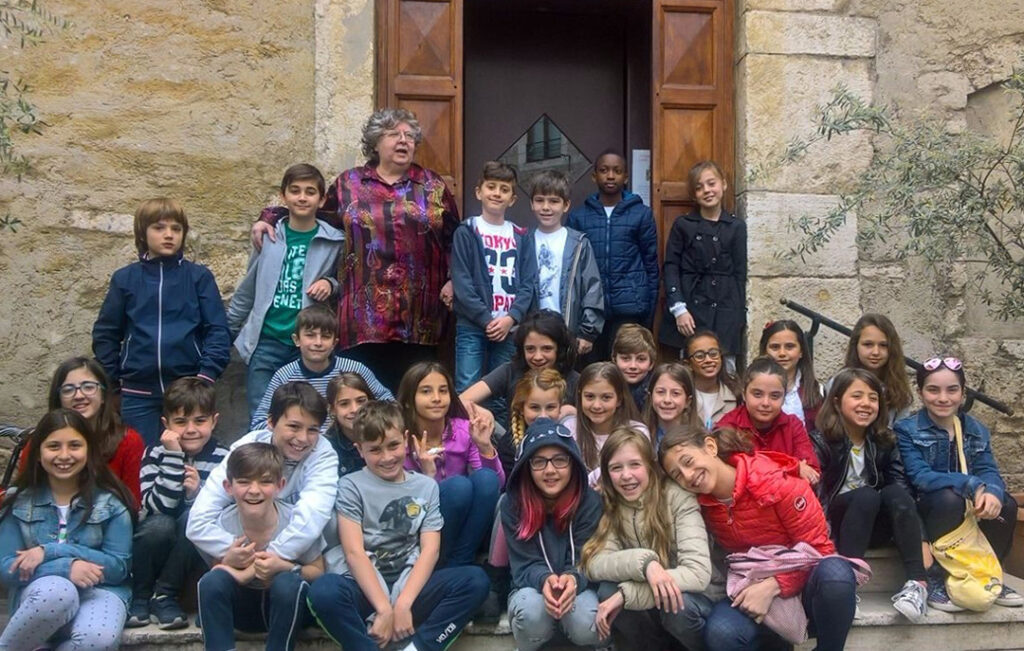
Home for all
This parish community does not only comprise those who “attend Mass” but embraces all who find in it a haven of peace, a space of friendship and welcome, who feel “at home” with those they meet there, those who know that the door is always open for anyone who needs to be loved, respected, and appreciated.
Everything runs smoothly, as the place has merely one purpose: to care for those who pass by.
Everyone is important, not for who they are, but for what they need most, be it food, clothing, knowledge of the Italian language, a prayer, the blessing emanating from a warm embrace, forgiveness, or the enriching words of a lived (rather than taught) Gospel. All of this results, unexpectedly, in resources multiplying, forces adding up, and the seemingly impossible becoming possible. To the lament of many for the dwindling number of churchgoers, the scarcity of economic resources, the burden of managing previously unused spaces and facilities, we respond with the crowding of spaces and the creativity of goodness which scrutinizes the signs of times by reading the hearts and faces of those we meet. At Holy Cross there is no room for one exclusive purpose, every corner is used to the full. For example, the hall on the ground floor becomes a bedroom for homeless people at night time; in the afternoons, for four days a week, it is used as a classroom for immigrants studying Italian; twice a week, it is transformed into a secondhand clothes boutique and a cost-free food supermarket for those in need; and on Sunday mornings it becomes a room where children learn how to recognize the presence of Jesus in their lives.
Smell of the sheep
They are taught that they have the great honor of being prepared for catechism in the same place where the homeless sleep and that the odor of a space having been “lived in”, which they notice when they enter the hall, is similar to the one of Jesus when he and his friends went on long walks through the countryside and villages, without having the opportunity of taking a bath every morning. They are made aware that it indicates serious trouble if they never experience that odor because it would mean that Jesus is far removed from them: they are taught to recognize in it the sign of God’s presence together with his closest friends, the poor!
The church also becomes a classroom for four afternoons a week. Student numbers increased and the space for the Italian classes was not enough. So, passers-by have learned that if they enter the church during class time their prayers will be juxtaposed by the phrases in ‘broken Italian’ of Africans, Pakistanis, Bengalis, and Ukrainians. Some parishioners willingly join prayers to their invocations, like a rosary which recites their dreams, hopes, sufferings, and disappointments, memories of distant loved ones, of friends at war, of a lost home, the desire for a better future and for peace. It is a rosary that unites Christians, Muslims, and non-believers in the prayer that God likely welcomes most joyfully and thoughtfully, amused by the grammatical errors and mispronounced words that often cause the class to erupt in thunderous laughter. It reminds us of Jesus’ merriment with the apostles in their moments of relaxation while walking through Palestine, remembering the misadventures and comical situations they experienced together.
Making all fit in
But how can such a parish function? It certainly takes well-planned coordination and trained leadership! It all starts with the choice to live with the doors open (the doors to the street and the doors to the hearts), allowing anyone to enter, bringing with them their own experiences, questions, and resources. Everyone expects outcomes and contributes resources. The challenge is to bring these together; as for example, one person may need to learn Italian while the other searches for meaning in life. Thus, the Italian school was born, a space in which, as Pope Francis said: ‘Tension slowly ceases to be tension and becomes encounter, and embrace: the difference between the one who helps and the one who is helped becomes blurred. Who is the protagonist? Both, or rather, the embrace” (Pope Francis 2014).
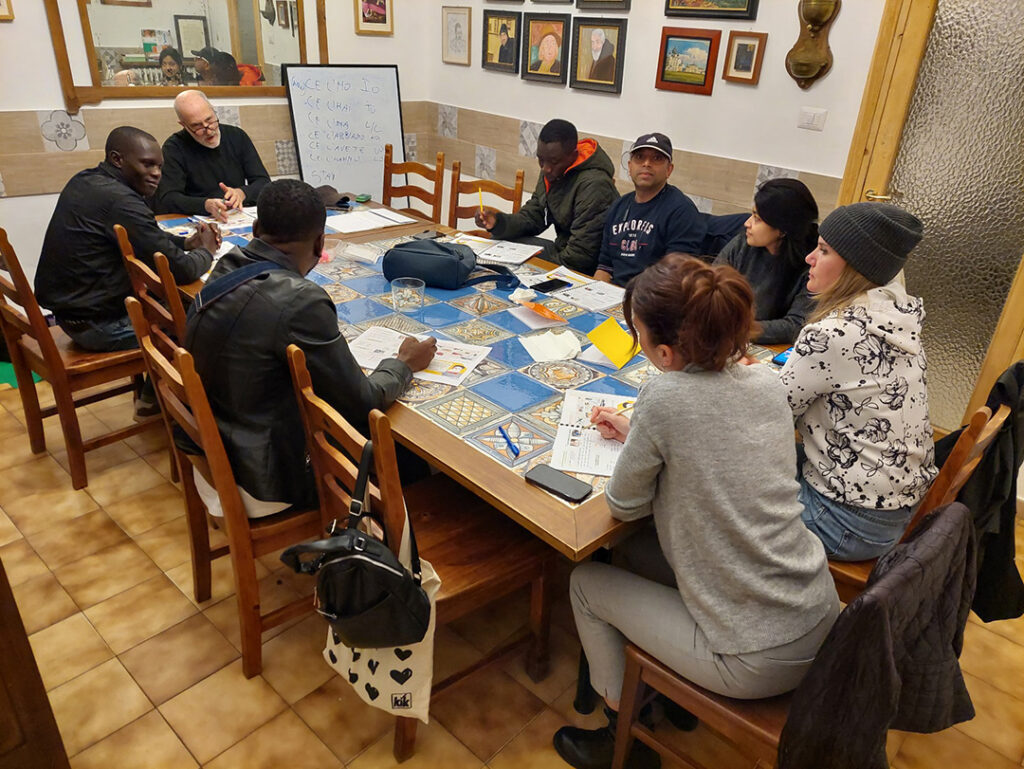
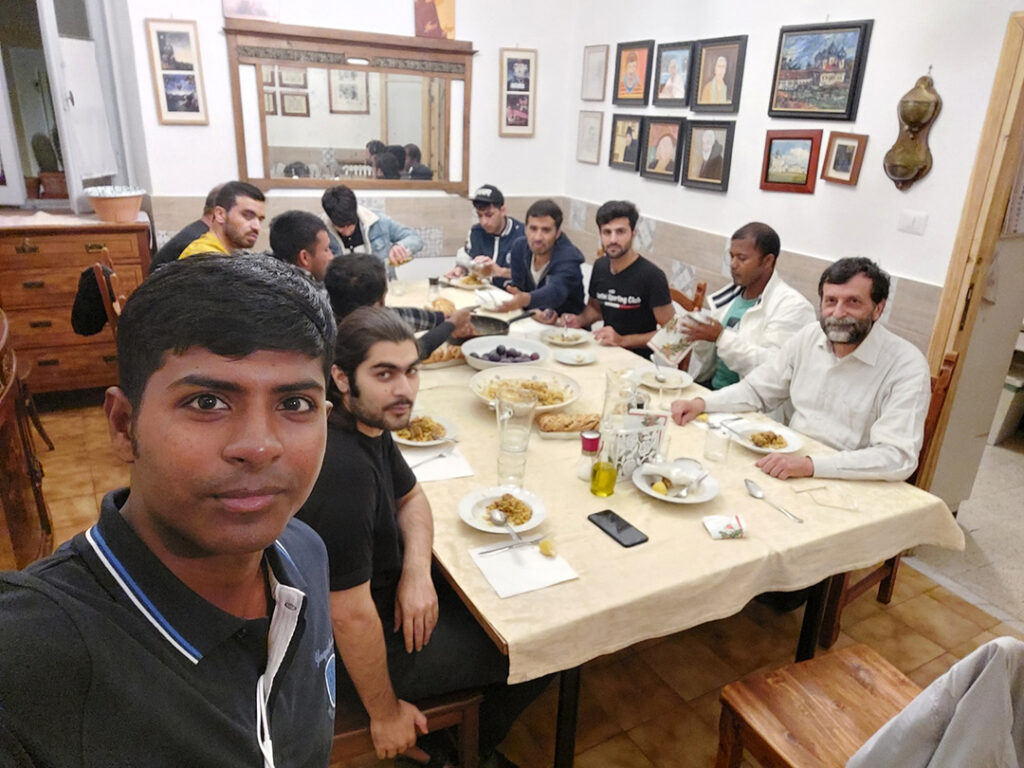
Living this way, we have learned many lessons which have overturned our goals, expectations, and planning. First of all, we have realized that order and efficiency do not come from good planning nor from precautionary training, but from consistently placing the needs of the other at the center; that activities are set up for one to learn how they are done; that not knowing a language should never be an obstacle if the heart speaks; that leadership belongs to those who devote themselves with passion and generosity, even when they arrive last, being the youngest or the least educated, thereby dragging even the laziest or the most reluctant along, without rigidly predetermined roles. We have learned that the boundaries of each person’s responsibilities are flexible and move further with each new encounter and challenge, that what seemed impossible becomes a reality if translated, not into a well-planned project but into a dream fueled by trust in a God who desires the good for all.
We should always venture to answer ‘yes’ to people’s questions, even when we do not have the solutions to all the problems, but are willing to seek answers together.
We have discovered that the word ‘no’ only makes sense when addressed to the evil one (Pope Francis 2014), the one who suggests that we stop dreaming and become selfish. Instead, we should always venture to answer ‘yes’ to people’s questions, even when we do not have the solutions to all the problems, but are willing to seek answers together. We have discovered with amazement that, keeping the doors open means allowing many questions in.
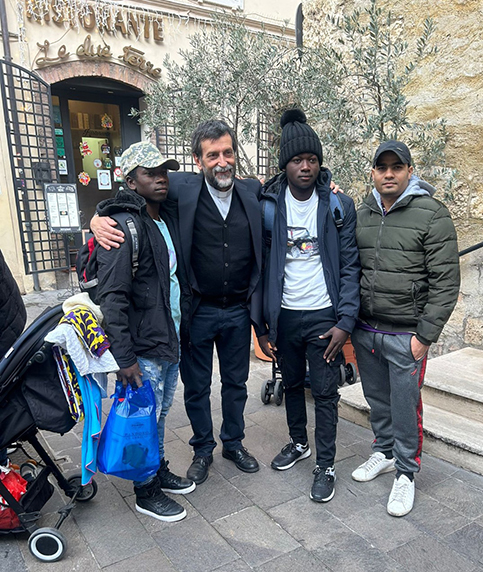
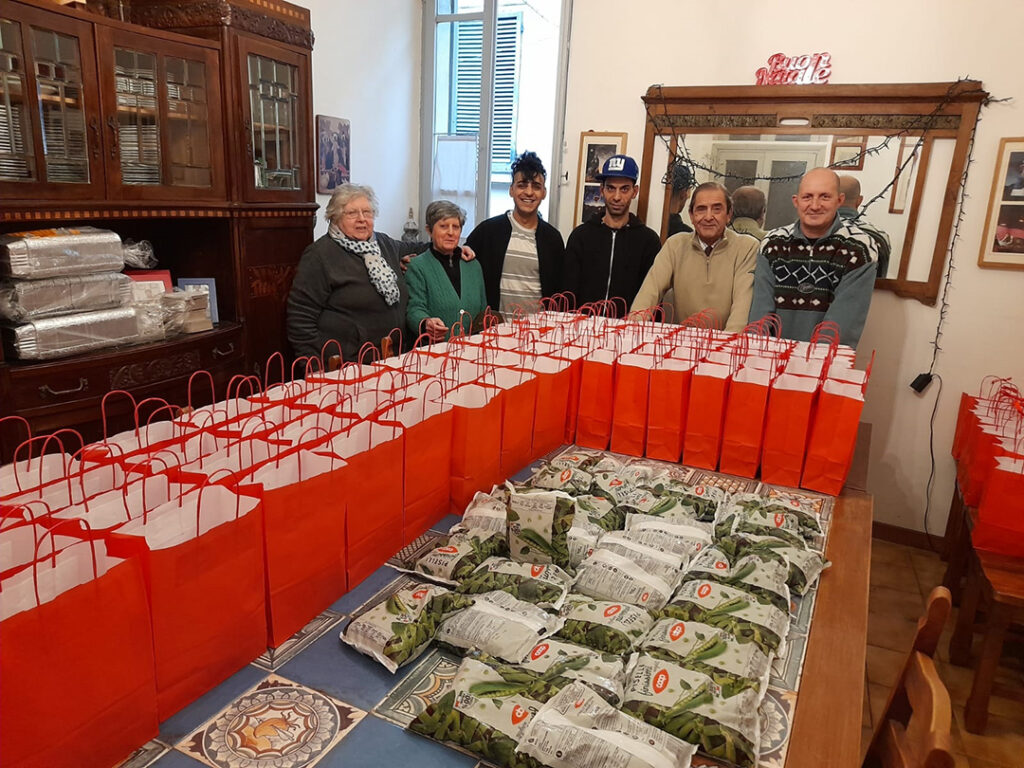
But the Spirit also creeps in, suggesting the most authentic answers, in ways and at times never expected, through the creativity and imagination of love which arouses unknown energies and creates resourceful networks of relationships. Holding the door open invites us to leave the comfortable and predictable sacristies in which we take refuge; making us aware that the world outside is more authentic and more beautiful than the one we observe from the window or imagine from the closet of our fears.
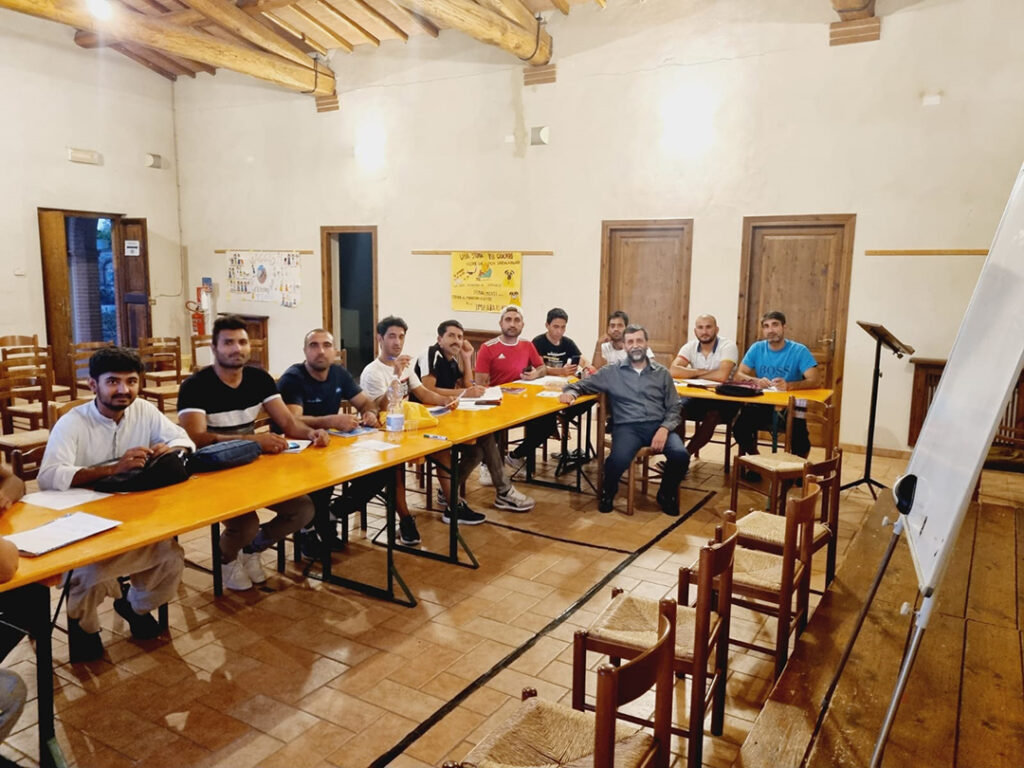
Neighbour
Parish is a Greek word meaning ‘the houses of the neighborhood’. When this word originated in a rural environment, it was obvious that it meant the village or neighborhood of a town. The question: “Who is my neighbor?” (Lk 10:29), from the parable of the Good Samaritan, enlightens us as to whom we can call our neighbor, our parishioner. Jesus explains it well: my neighbor is not my countryman, not even my relative or someone with whom I share language, religion, or culture—as the wounded Jew was not culturally close to the Samaritan who stopped beside him—but the one to whom I make myself available because of his/her needs which call for my attention and care.
These are the homes of our neighbourhood, whether they are on the next block or thousands of kilometres away.
Following this new/old paradigm, we at Holy Cross believe that among the homes in our neighborhood are the shacks in the suburbs of Abuja and Yaoundé, the mud-brick houses of the Pakistani countryside, or the stilt houses on the countless waterways of Bangladesh from where our students come from. They are also the wealthy and luxurious bourgeois living rooms imbued in loneliness from which our city’s affluent adults struggle to escape; they are the virtual homes in which our youngsters find themselves drawn into smartphone screens, or the cardboard boxes dampened by the frost of those who have no home and sleep on the banks of the Nera River which divides the city of Terni in two. These are the homes of our neighborhood, whether they are on the next block or thousands of kilometers away.
Where people live
It saddens one to see how many people still think in terms of territorial parishes, of institutional functions in sparsely occupied structures. These people do not realize that life flows elsewhere and that Jesus lives where people live, and not where someone claims to keep him prisoner. Perhaps the question that Don Lorenzo Milani, the Italian visionary priest of the 1960s, asked himself during a Corpus Christi procession, is still relevant: ‘The Lord passes by. The parishioners watch the procession without taking part in it. The parish priest says: ‘Forgive them Lord, for they are not here with us’. I look and think to myself: “Forgive us, Lord, for we are not there with them.”

